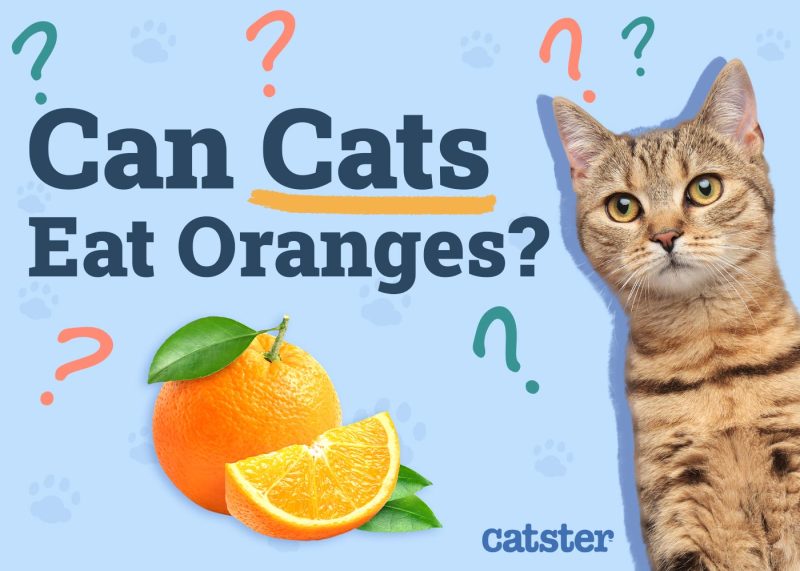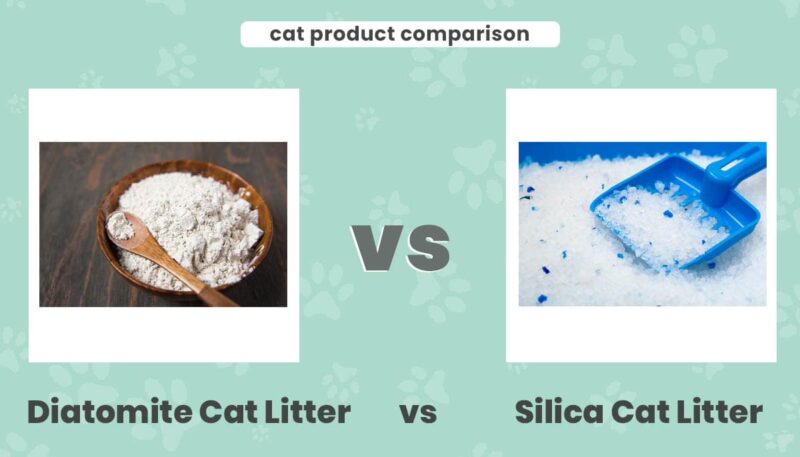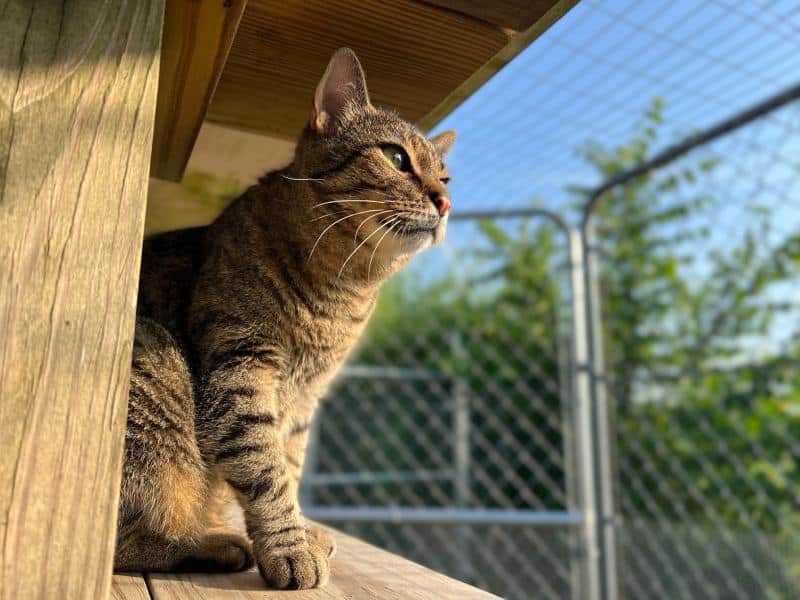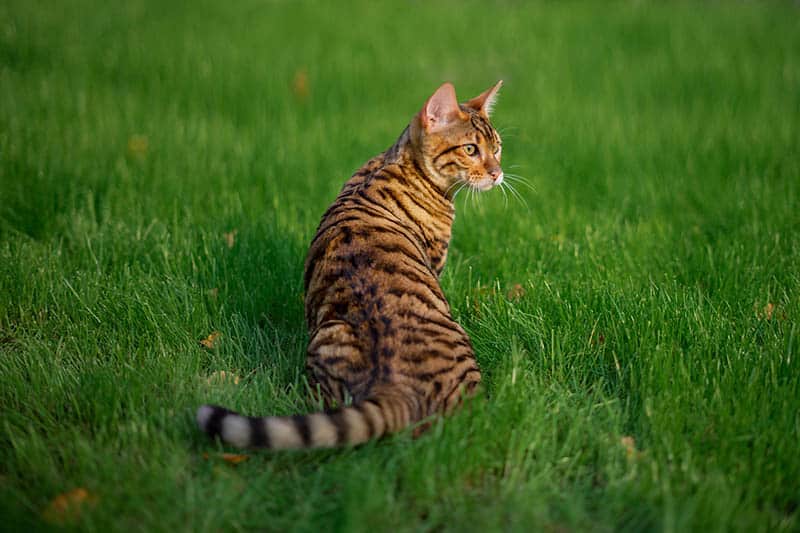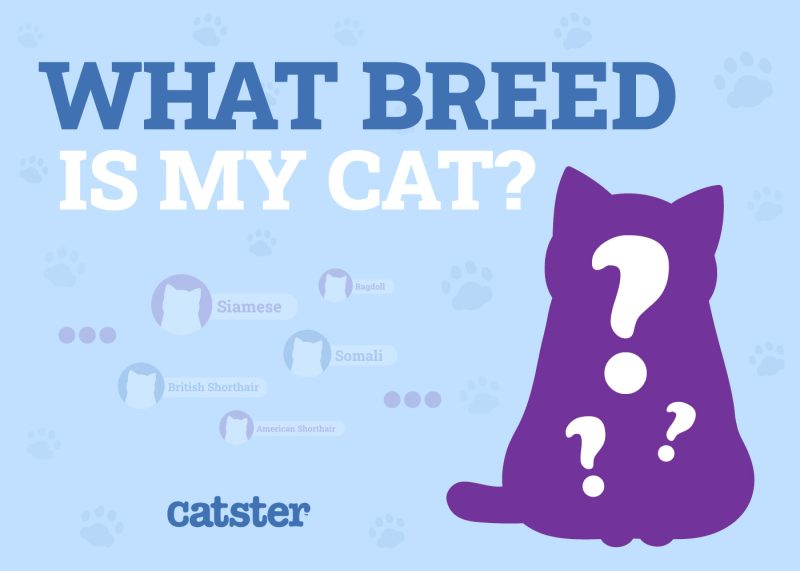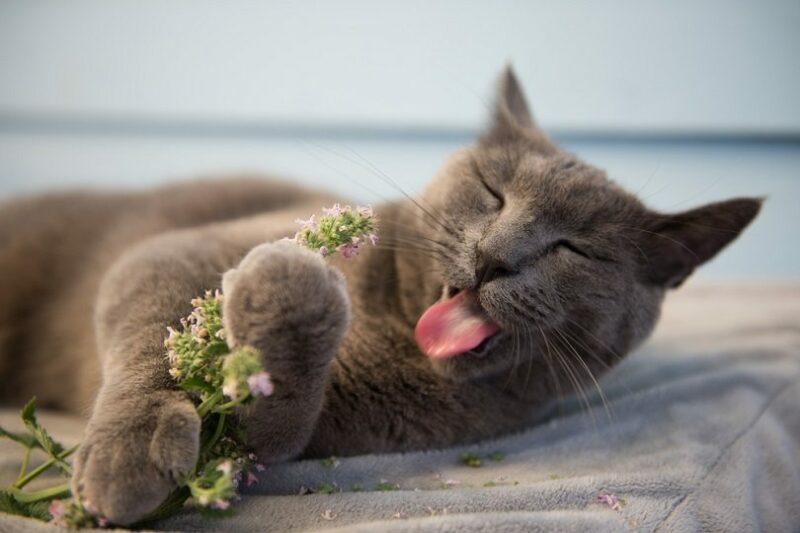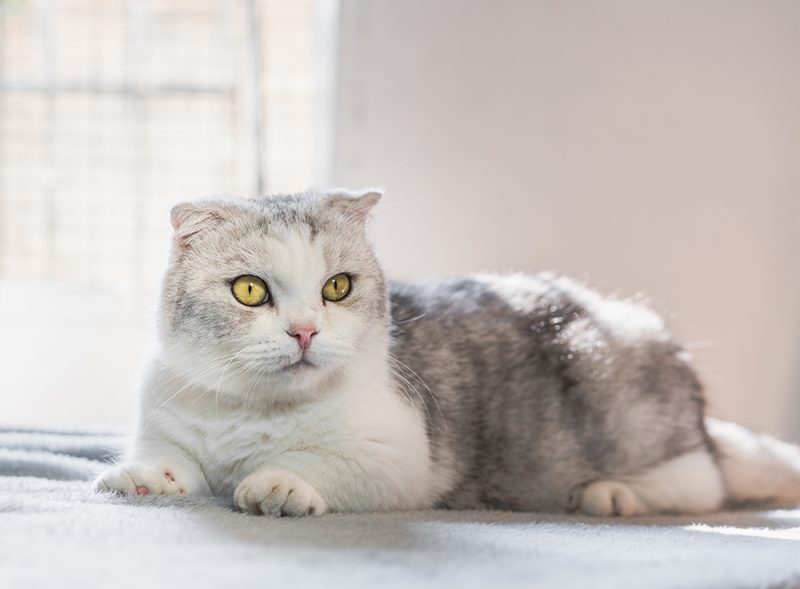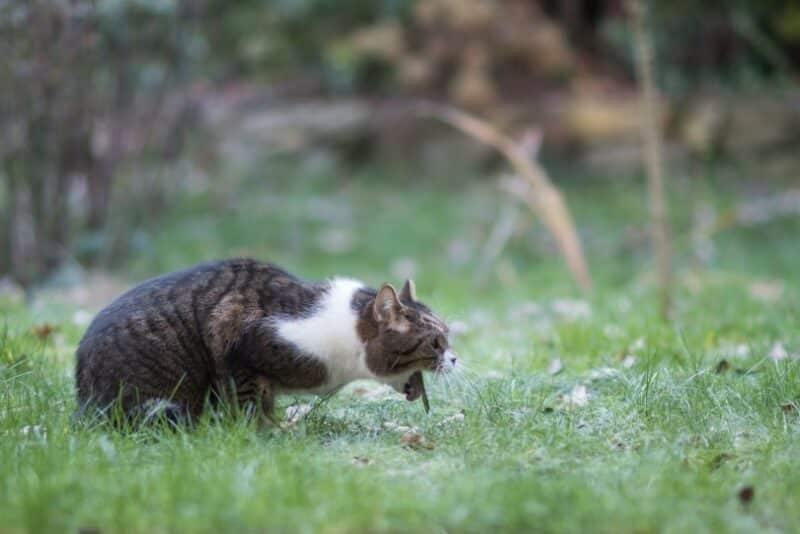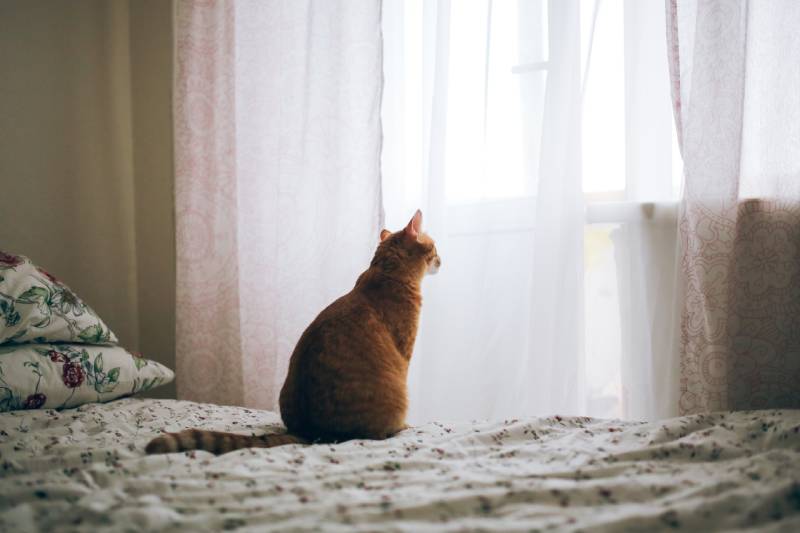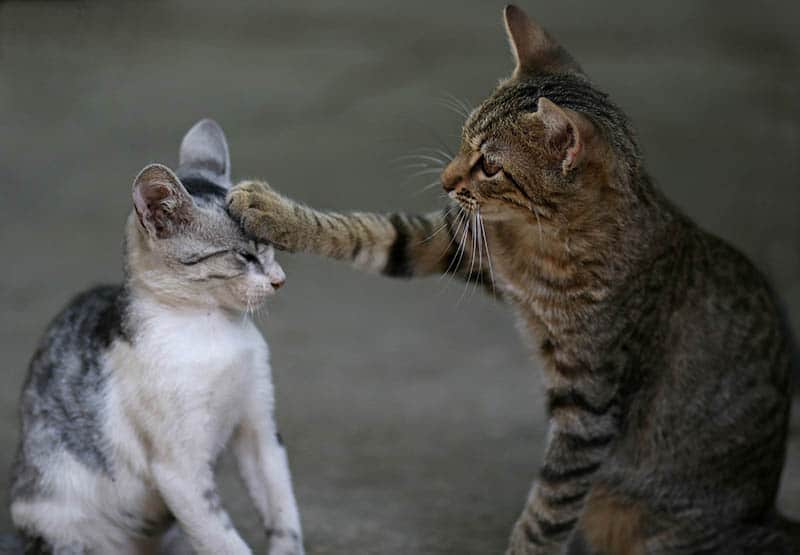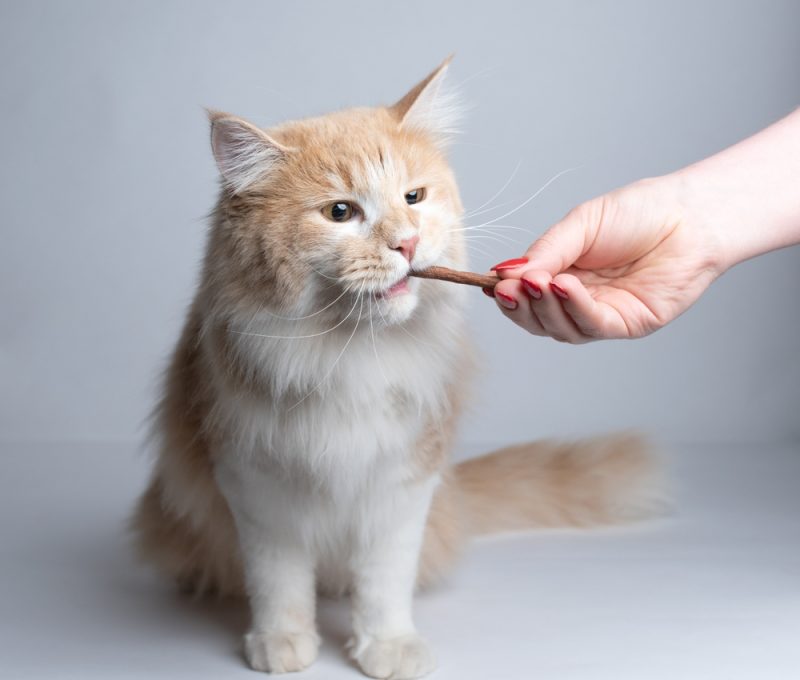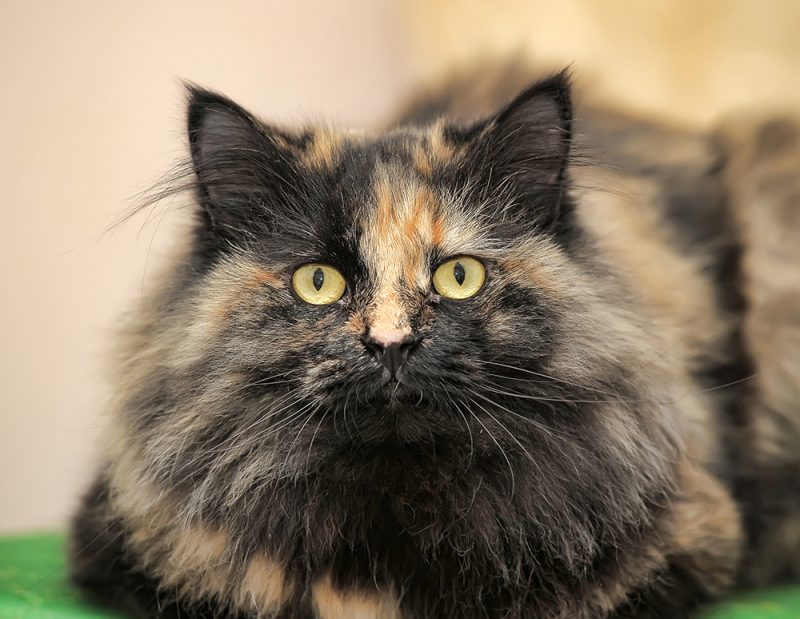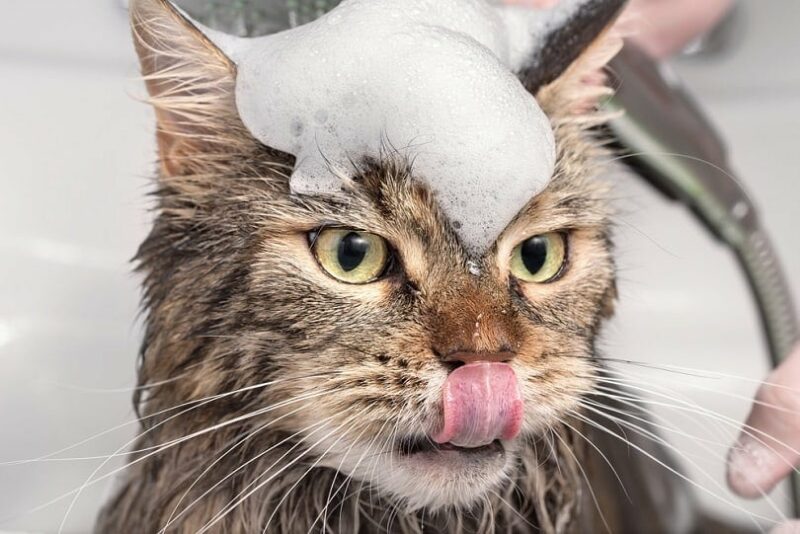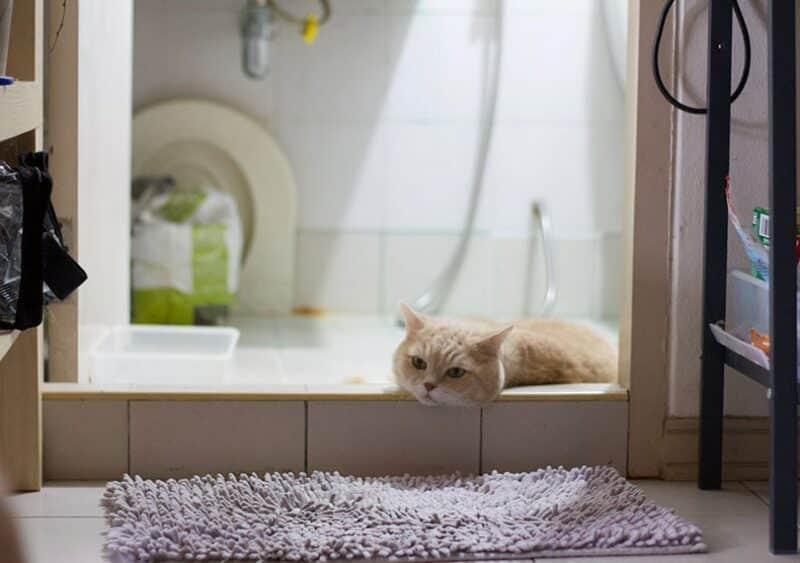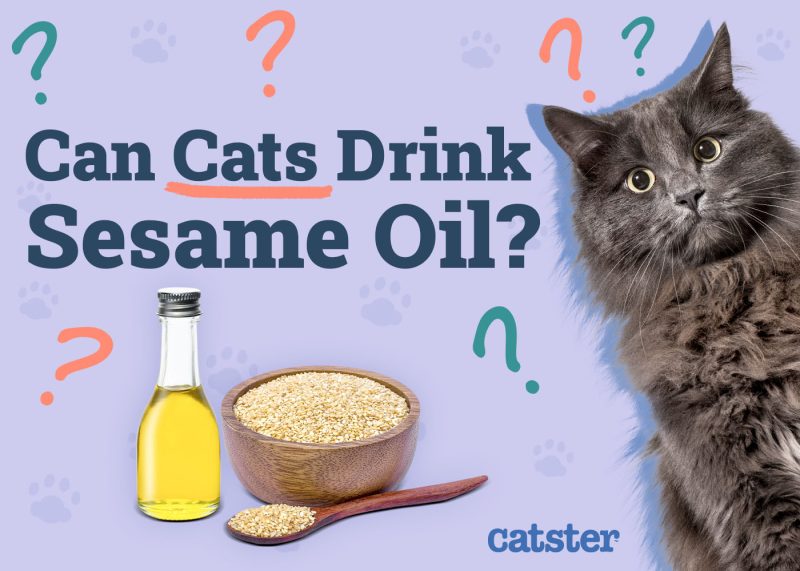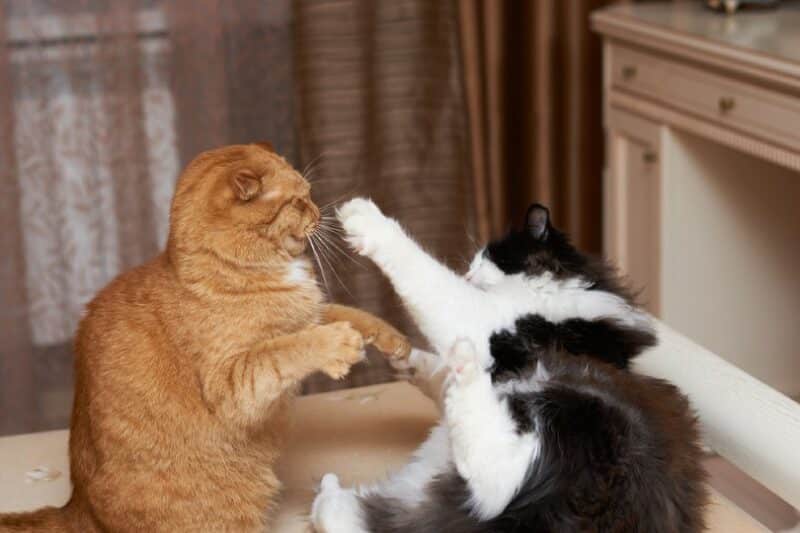In this article
Oranges are sweet, tart, and tasty and one of the world’s most popular fruit. They can often be found in household fruit bowls, added to fruit salads and school lunch boxes, and even used in desserts. Low in calories and packed full of vitamin C, they’re an exceptionally good addition to the human diet, but what about your cat? Can cats eat oranges or should you avoid giving them to your feline friend?
In short, the answer is no, cats should not eat oranges.
Much like other citrus fruits, oranges are toxic to cats. Oranges can cause cats to suffer gastric problems, including digestive irritation, diarrhea, and vomiting. They may also cause central nervous system depression and skin irritation. According to the ASPCA, it is the essential oils and psoralens in oranges that cause problems for cats.
It is recommended that if your cat has ingested oranges or any other potentially toxic substance, you should call the ASPCA Animal Poison Control Center or contact your local veterinarian for advice as soon as possible.1

Why Are Oranges Toxic to Cats?

Oranges contain citric acid and many harmful essential oil ingredients that are toxic to cats, whether eaten, inhaled, or in contact with their skin, but also depending on the amount and concentration. Eating a small piece of orange fruit flesh is unlikely to cause any major issues, but ingesting large amounts of the plant, fruit, or concentrated essential oils is a much different story.
Cats can also get poisoned when they come in contact with insecticidal pet shampoos that contain d-limonene. Mostly the digestive and neurological systems and the skin will be badly affected. If you think your cat has eaten parts of an orange fruit or plant or has come in contact with a shampoo containing citric acid or essential oil diffusers, give your vet a call immediately. Depending on the dose and concentration, this can be quite serious and even life-threatening.
These include:
- Drooling
- Nausea
- Reduced appetite
- Vomiting
- Diarrhea
- Lethargy
- Shaking and trembling
- Skin irritation, blistering, and risk of photosensitivity
- Trembling
- Loss of coordination
- Seizures
- Respiratory difficulties when inhaling essential oils
If you need to speak with a vet but can't get to one, head over to PangoVet. It's an online service where you can talk to a vet online and get the advice you need for your pet — all at an affordable price!

What About Orange Juice or Peel?
All parts of the orange, including the pulp, juice, and peel of the fruit are toxic to cats.
Orange peel and other parts of the plant contain a high concentration of essential oils and, as such, are more toxic to cats than the fleshy pulp of the fruit.

How Do I Stop My Cat From Eating Oranges?
Thankfully, cats have a natural aversion to oranges and usually won’t go anywhere near them, so there is no need to hide your fruit bowl in a cupboard or another place where your cat can’t find it. Cats dislike the smell of oranges so much, that the fruity scent is often used in cat repellent sprays to keep cats off furniture and out of peoples’ gardens.
What About Orange-Based Cleaning Products?
Orange-based surface sprays are used every day in households across the world.
While there is usually no problem using them in your kitchen or bathroom, it is advisable to avoid using orange-based cleaners anywhere near your cat’s bedding, toys, litter box, or food bowls. The products themselves won’t harm your cat once the surface is dry, but the smell may cause your cat to avoid any area of your house that has been sprayed with these cleaners, which means they may decide to do their business elsewhere or even forgo eating.

Conclusion
Oranges and other citrus fruits are not suitable or safe for cats. These fruits may give them a stomach upset or lead to more severe skin and neurological signs, depending on the ingested amount. The reasons for this are the citric acid and essential oil ingredients that are toxic to cats. So, on a hot summer day, don’t be tempted to offer your cat any citrus fruits, as they are likely to make them sick. Instead, there are many other tasty treat options to consider.
See also:
